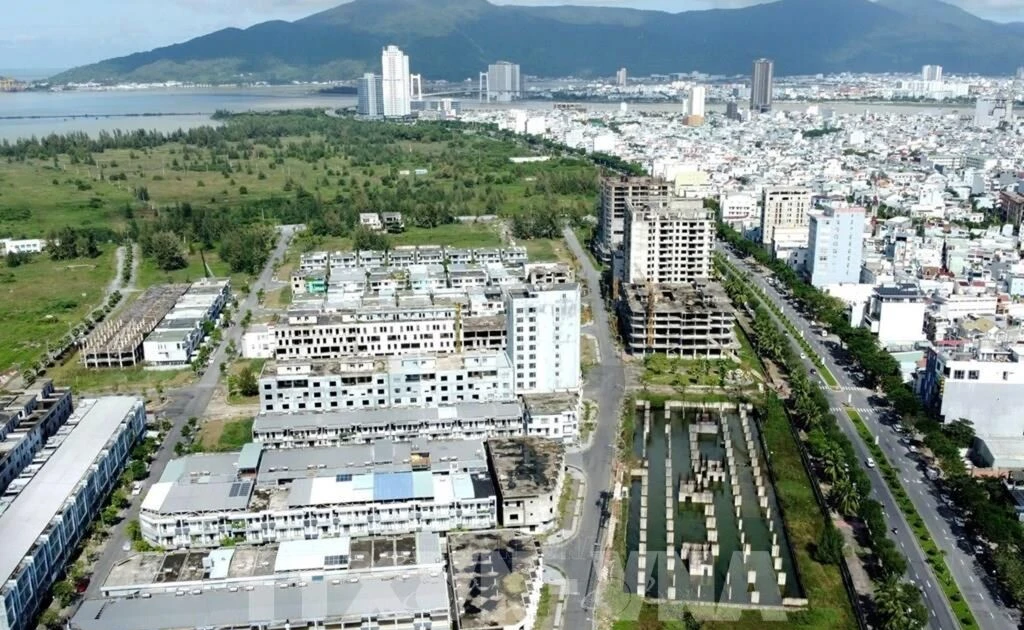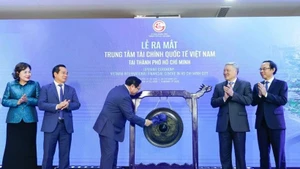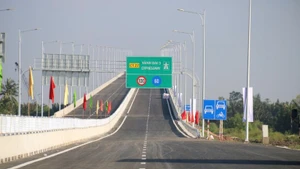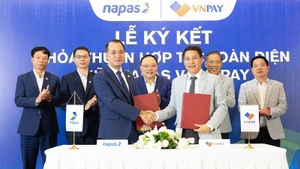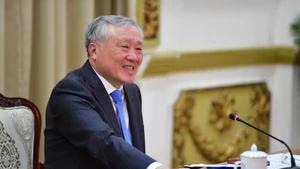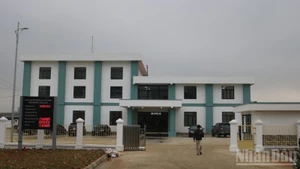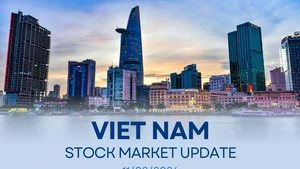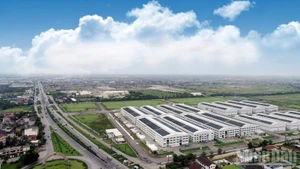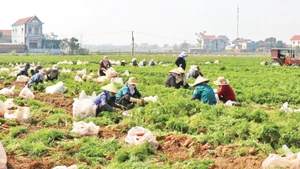The pledge was highlighted during a recent meeting between Deputy Minister of Finance Tran Quoc Phuong and WB Division Director for Viet Nam, Cambodia and Laos Mariam Sherman as both sides discussed the formulation of a new Country Partnership Framework (CPF) and cooperation opportunities in the coming years.
Phuong praised the effective partnership between the WB and Viet Nam's Ministry of Finance over the past time, noting that concessional loans and technical support have helped Viet Nam implement many major projects serving socio-economic development.
For her part, Sherman stressed that the focus of future cooperation should not only be on raising capital but also on identifying optimal financial solutions for resource allocation in infrastructure development.
She said infrastructure is a critical foundation for meeting future market demand. Viet Nam needs to identify its investment priorities through 2030 and mobilise private sector participation to complement public financing.
According to WB estimates, Viet Nam’s infrastructure investment needs far exceed the government’s budget capacity. Even if public investment rises to 8.6% of GDP, a significant funding gap will remain.
To address this, the WB recommends clearly distinguishing between tax revenues, state budget resources, and financing instruments such as debt and bonds. While budget revenues should be used to service debt, loans and bonds remain essential tools to close the funding gap.

Sherman underlined that when developing Viet Nam’s infrastructure programme through 2030, priority should be given to projects with the highest socio-economic efficiency, while ensuring public debt remains within safe limits. The key, she said, lies in structuring optimal financing models that combine state budgets, borrowing, bonds, equity, and private capital tailored to each sector.
The WB stands ready to mobilise its global expertise to support Viet Nam in policy design, advisory solutions, and new financial instruments, she emphasised, adding that now is a critical moment to deepen the strategic cooperation between Viet Nam and WB.
The WB also welcomed the ministry of finance’s efforts to draft the strategy for mobilisation and use of official development assistance (ODA) for 2026–2030, in line with Viet Nam’s five-year financial plan. For multi-billion-dollar infrastructure projects, ODA and state budgets can only cover part of the needs, making it essential to diversify financing channels. Railways, for example, could serve as a pilot for innovative financial products that the WB is ready to introduce.
In response, Phuong affirmed that the ministry will take the lead in Viet Nam’s infrastructure financing strategy, with three specialised departments coordinating with the WB.
He noted that the ministry will soon convene a meeting on ODA mobilisation strategies, before submitting a report to the Prime Minister for approval and implementation with the WB and other partners.
Currently, Viet Nam’s new portfolio of WB-financed projects includes 36 initiatives worth over 3 billion USD. Among them, three projects worth 468 million USD have already been signed, while two projects worth 145 million USD are under negotiation. Seven projects with a combined value of 686 million USD have received investment policy approval, and four others worth 542 million USD have cleared proposal stages. Another 20 projects in water supply, agriculture, climate change response, and high-quality rice development are under preparation, totalling around 1.2 billion USD.
